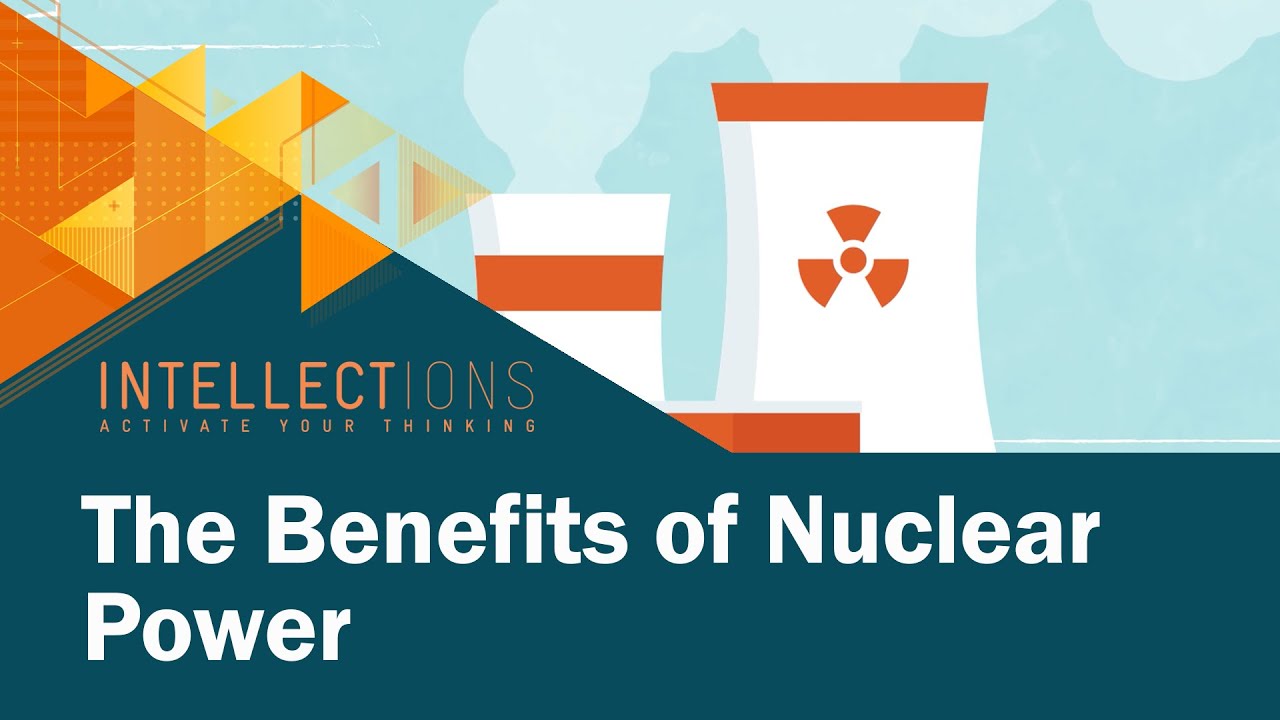The Benefits of Nuclear Energy
Nuclear energy is a powerful and efficient source of electricity generation that has numerous benefits. In this article, we will explore the advantages of nuclear energy and its role in addressing global energy demands while minimizing environmental impacts.
Reliable and Consistent Power Generation
One of the key benefits of nuclear energy is its ability to provide a reliable and consistent source of power. Unlike renewable energy sources like solar or wind, nuclear power plants can operate continuously, generating electricity 24/7. This stability is crucial for meeting the energy needs of communities and industries, especially during peak demand periods.
Low Greenhouse Gas Emissions
Nuclear energy is often hailed as a low-carbon alternative to fossil fuels. Nuclear power plants produce electricity without emitting large amounts of greenhouse gases, such as carbon dioxide, which contribute to climate change. By utilizing nuclear energy, we can reduce our reliance on fossil fuels and mitigate the environmental impact of electricity generation.
Efficient Energy Generation
Nuclear power plants are highly efficient in converting nuclear energy into electricity. Compared to traditional coal-fired power plants, nuclear reactors can generate a significant amount of electricity using a relatively small amount of fuel. This efficiency not only reduces fuel consumption but also minimizes waste generation, making nuclear energy a sustainable option for meeting growing energy demands.
Energy Independence and Security
Nuclear energy plays a crucial role in achieving energy independence and security. By diversifying our energy sources, we can reduce our dependence on imported fossil fuels and volatile energy markets. Nuclear power plants provide a domestic source of electricity generation, ensuring a stable and secure energy supply for the long term.
Job Creation and Economic Growth
The nuclear energy industry creates a significant number of jobs and contributes to economic growth. Building and operating nuclear power plants require a highly skilled workforce, providing employment opportunities in various fields, including engineering, construction, maintenance, and research. Additionally, the development of nuclear technologies and infrastructure stimulates local economies and attracts investments.
Safe and Advanced Technologies
Nuclear power plants have advanced safety features and rigorous regulations to ensure the protection of workers, the public, and the environment. The industry continuously improves safety standards and invests in research and development to enhance reactor designs, waste management, and decommissioning processes. With proper regulations and responsible practices, nuclear energy can be harnessed safely and sustainably.

In conclusion, nuclear energy offers a multitude of benefits, including reliable power generation, low greenhouse gas emissions, efficient energy production, energy independence, job creation, and advanced safety technologies. By recognizing and utilizing these advantages, we can pave the way for a cleaner, more sustainable energy future. the
Frequently Asked Questions
1. What are the main benefits of nuclear energy?
The main benefits of nuclear energy include its low greenhouse gas emissions, high energy output, and ability to operate continuously.
2. Is nuclear energy a clean source of power?
Yes, nuclear energy is considered a clean source of power as it produces minimal air pollution and does not release greenhouse gases during operation.
3. How does nuclear energy contribute to reducing carbon emissions?
Nuclear energy does not emit carbon dioxide or other greenhouse gases during electricity generation, making it a valuable tool in reducing carbon emissions and combating climate change.
4. Can nuclear power plants generate electricity consistently?
Yes, nuclear power plants can generate electricity consistently as they operate 24/7, providing a reliable and steady source of energy.
5. Are nuclear power plants more efficient than other forms of energy generation?
Yes, nuclear power plants are highly efficient as they can generate a large amount of electricity from a small amount of uranium fuel compared to other forms of energy generation.
6. Does nuclear energy have a lower environmental impact compared to fossil fuels?
Yes, nuclear energy has a lower environmental impact compared to fossil fuels as it does not produce air pollution, or acid rain, or contribute to global warming.
7. Is nuclear energy cost-effective?
While the initial construction costs of nuclear power plants can be high, nuclear energy is considered cost-effective in the long run due to its low fuel costs and long operational lifespan.
8. What role does nuclear energy play in reducing dependence on fossil fuels?
Nuclear energy plays a crucial role in reducing dependence on fossil fuels by providing a reliable and sustainable alternative for electricity generation and reducing the need for fossil fuel-based power plants.
9. Are there any health risks associated with nuclear energy?
While nuclear energy itself does not pose significant health risks, accidents or radiation leaks can have severe consequences. However, strict safety measures and regulations are in place to minimize these risks.
10. Can nuclear energy be used for other purposes besides electricity generation?
Yes, nuclear energy has various applications apart from electricity generation, including desalination of water, production of hydrogen for fuel cells, and powering spacecraft and submarines.




